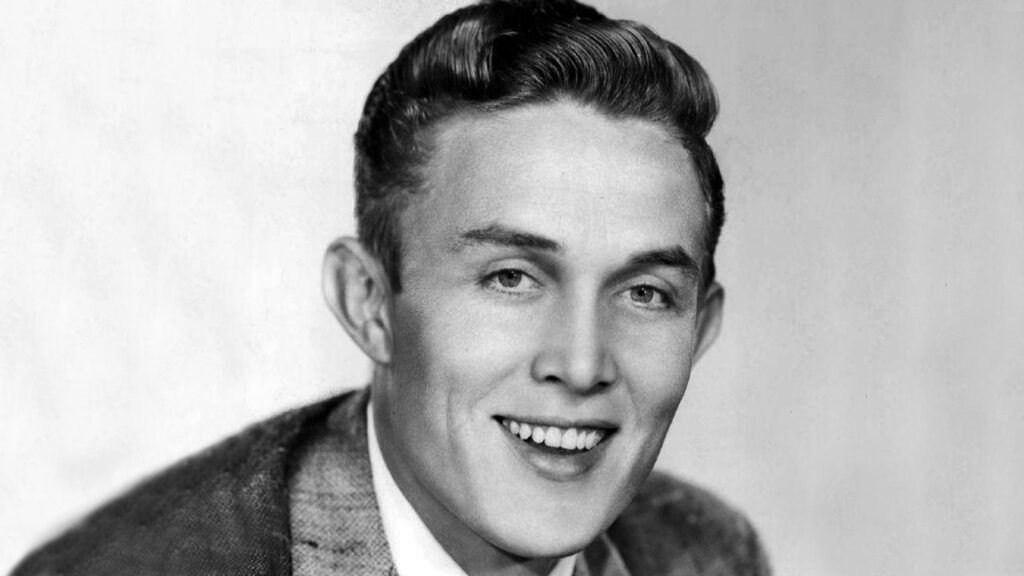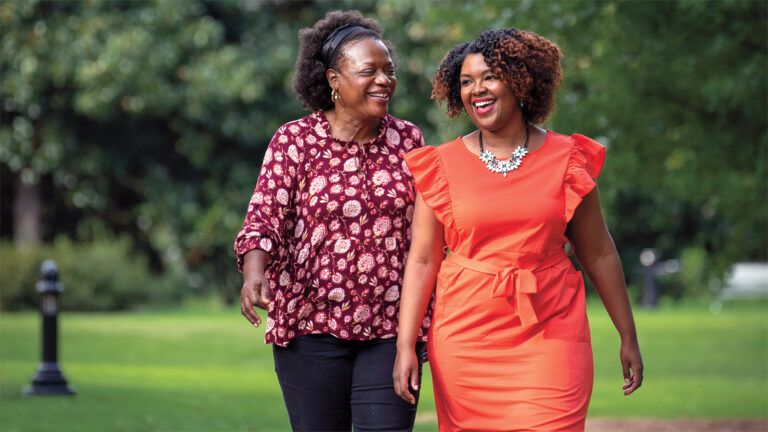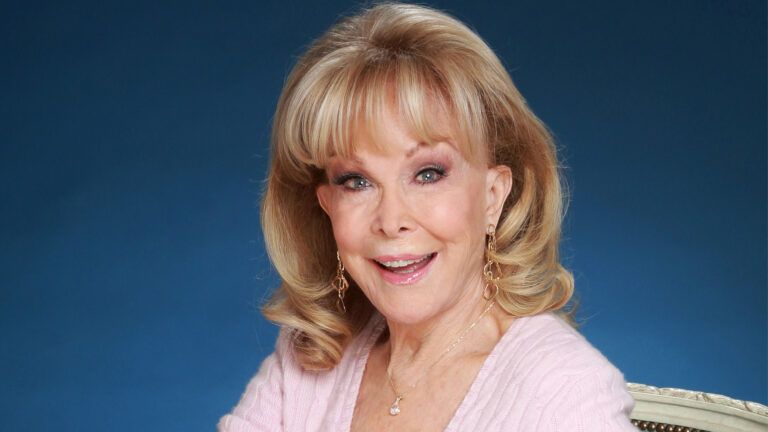It’s strange how little, unexpected things can change our lives—like the telephone call I had a couple of years ago. I was at home when the call came. I picked up the phone and heard a voice that made something inside me tighten with anger and resentment. The voice at the other end of the line belonged to my father.
How can a son despise his own father? In my case, it wasn’t hard because I felt I had plenty of justification. To explain, let me go back through the years to the time when I was 11, my brother Don was nine, and we lived in Plainview, Texas.
That was a long time ago, but I can still see my mother’s drawn face as she tried to explain the grim fact that our father had left us. Had walked out. Had deserted us. I remember the deep hurt in her eyes and the numbness in our hearts as she told us we all would have to work hard just to eat and stay alive.
She was right: it was hard, brutally hard. Mama opened up a one-chair barber shop in our rented house and cut hair for our neighbors at 15 cents a head. Don and I did everything we could about town to earn money. We pulled cotton and cleaned out chicken houses and milked cows and helped build windmills.
My mother had a little garden, and we worked it with her. We needed the food we got from it.
I remember Mama tacking paper on the ceiling of the house we lived in. The ceiling was so thin that if she did not plug up the holes, dirt would fall on us and our food.
The only clothes Don and I had were bib overalls. At school we were kidded cruelly by our classmates. I hated those kids and the school and wondered in pain how my father could walk out, leaving us with this shame and this need.
One day, I finally came home and told my mother how we were being ridiculed and asked her why we couldn’t get some other clothes.
“Overalls are nothing to be ashamed of”, she said. “They’re something to be grateful for. Besides, it’s what you wear inside your heart that counts.”
If I knew then what I know now I never would have asked her that question. Imagine how much it must have hurt her.
Mania always told us, “Be yourself. If people don’t like you the way you are, they’re not going to like you when you pretend to be someone else.”
Our life was not all despair, though. On Sundays, we would walk the three-quarters of a mile from our house to the Sethward Baptist Church. Then, after Sunday dinner, the neighbors would drop in, and Mama would play our old piano, and we’d sing from the green-backed Boardman Hymnal.
Later we’d parch peanuts and eat them. Sundays weren’t bad at all.
We never heard Mania complain about being poor. There was never any doubt that we would outlast it. Hope was in all of us; deep hope because it was nourished by a deep faith.
Mama got this faith from her father and Don and I got it from both of them and it became part of our lives and our being.
We called Grandfather “Papa.” Maybe because for the brief time we knew him he was all the Papa we had.
He was a short man with tall beliefs who held that in times of distress you depended on your prayers. All that happened was God’s will, he would tell us, and if you couldn’t see the why of it at the time, it all would be clear later on.
Mama told us how a hail storm once destroyed half a section of Grandfather’s wheat. A section is 640 acres, and 320 acres supplies a lot of wheat; in fact, it is a year’s work.
The storm lasted less than 30 minutes. Grandfather stood on the back porch watching it and when the destruction was over he said, “The Lord giveth, the Lord taketh away.”
He went inside to thank God for what he had left—little as it was.
Then there came the day when the bitterness in me came out and I angrily criticized my father. Grandfather started to reprimand me, changed his mind, and picked up his Bible. He leafed through the pages quickly, and read this:
It is a very small thing that I should be judged of you, or of man’s judgment: yea, I judge not mine own Self…but he that judgeth Me is the Lord. Therefore, judge nothing before the time, until the Lord come, Who both will bring to light the hidden things of darkness, and will make manifest the counsels of the hearts. I Corinthians 4:3-5
But I was 16 then, and words from the old black leather-bound Book didn’t help the heartache I felt. Besides, for most of my years I had been trying to live down my father’s name.
It seemed that he had borrowed money from many people and never paid them back. They didn’t let me forget it. I felt I couldn’t ever forgive him for that. Or for leaving Mama to do his work and fight his fight. Or for the bib overalls.
After the 11th grade, I left Plainview, enlisted in the Air Force and was stationed in Washington, D. C. A quartet of GI’s who sang at night just for tips asked me to come along with my accordion when their fiddler took sick.
By the time I was out of uniform I was a solo singer and soon was making a nice living from personal appearances and records. I’d make about a dozen single records and three albums of prayers and hymns before I wrote and recorded Big Bad John, which became a surprising hit.
Suddenly, after a silence of 17 years, my father called me one day and asked for money to finance some crazy scheme. I turned him down cold. He called several more times with various requests. The conversations were quick and brief—a flat no. I’m sure he could tell how bitter I was; after a while the calls stopped.
My career moved along nicely, and one day I was surprised to receive an invitation to appear at a dedication of a new school in my home town of Plainview.
Remembering all the taunts about our bib overalls, I was tempted to say no. But my mother reminded me gently of the fine neighbors we had had. She said we owed them something.
When we arrived at the school, Mama was given a front row seat and she looked very proud and pretty sitting there waiting for the program to begin.
When I walked out on stage, everyone was standing and applauding. I was so moved that I couldn’t talk or sing or anything. Looking down I saw that Mama was crying, but they were tears of joy. At that moment I felt that all the years of poverty and the humiliation she suffered because of my father were wiped away.
The memory of this experience was still in my mind two years ago when my father called again. I began to harden myself against the usual request.
But this time his voice was different. There was an urgency in it.
“All I want from you this time is your forgiveness, Jimmy. I haven’t been much of a father, and I’m sorry. Please, will you forgive me?” There was a pause. “I have cancer. My time is nearly all gone now.”
For a moment everything came to a stop. Scenes from the past flashed before me in a matter of seconds. Suddenly I felt small and tongue-tied, because a man I hardly knew—my father—was dying and we had to bridge the long years of resentment and anger and hate quickly.
The silence was probably no longer than 10 seconds. Yet it was long enough for me to look back through time and see the futility and senselessness of any man trying to judge another. For a moment I felt set apart from life’s struggle; it was almost as though I was given some new insight into the mind of God.
I forgave my father, and I asked to be forgiven, too, for ever trying to judge him.
“Thank you for that, Jimmy,” he replied. A few days later he was dead.
I’m sure his last phone call to me helped my father leave this world with a peaceful mind. And I feel that it did something for me.
For today whenever I read of bad conduct in the newspaper, or see a drunk reeling about the sidewalk, or feel criticism rising inside me toward any human being, I try to stop myself at that very moment. And my memory returns, quickly to the words of St. Paul:
Judge nothing before the time, until the Lord come, Who both will bring to light the hidden things of darkness, and will make manifest the counsels of the hearts.
For more inspiring stories, subscribe to Guideposts magazine.





